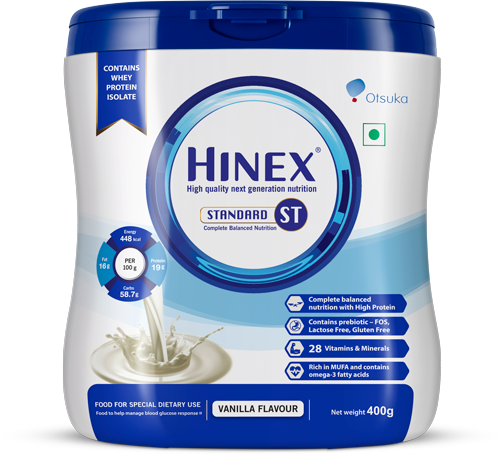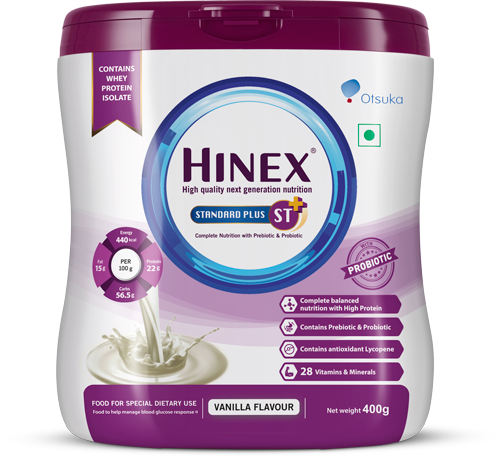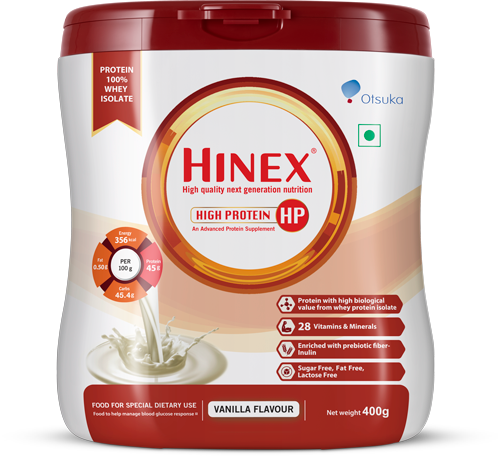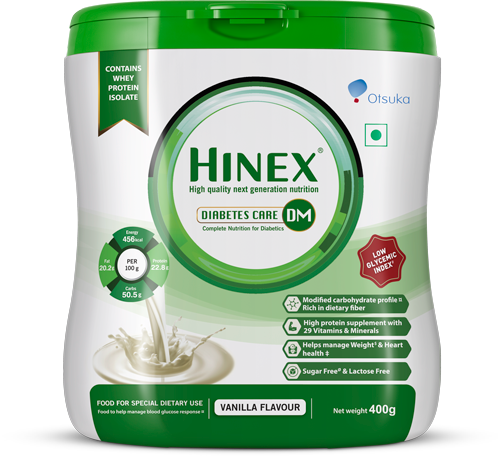Why is the “Good gut health” crucial for good immunity?

Believe it or not a strong connection between a healthy gut and a strong immune system is becoming increasingly evident…Thanks to all the science revolving around it!
The human digestive tract hosts trillions of microorganisms that is called “gut microbiota”. The good gut microbiota or good bacteria is vital for healthy digestion, helps in absorption of nutrients from food, provides protection against pathogens and maintains immune function.1 It is also important for intellectual function, mood, and many other body functions.
When these bacteria of the gut are out of balance, the immune response is negatively affected leaving you more prone to fungal, bacterial, or viral infections.
What causes poor gut health?
In most cases, unhealthy gut is not something that happens overnight. Instead, it takes longer and is influenced by a number of factors. These are as followed :
Diet history of highly processed foods
The gut microbiome is profoundly affected by a current or past diet of highly processed foods and refined sugar, enabling the spread of “bad” bacteria.
Long-term stress
The gut may receive less blood flow and oxygen during times of high stress. The gut microbiota appears to directly respond to stress signals from the body, suggesting that long-term, high levels of stress hormones like cortisol can contribute to a heightened inflammatory response in the gut.2 Research shows that ongoing stress impacts secretion of stomach, motility of the digestive system, barrier function, and blood flow to the intestines.3
Overuse of antibiotics or painkillers
While antibiotics and painkillers are important at their place in the management of various infections and pain, excessive use can damage the gut.4
Blood glucose imbalance
Constant increase and decrease in blood glucose can also cause imbalance of the good gut bacteria. Highs and lows in blood glucose levels are largely caused by consuming highly processed foods containing refined carbohydrates and sugar. It seems that the link between the blood glucose-and gut is a two-way street; some negative changes in gut bacteria can affect glucose and fat metabolism, thus leading to high blood glucose levels.5
Gut pathogen
In addition, persistent gut discomforts may indicate an underlying problem, such as an infection, parasite, or overgrowth of fungi. Your doctor may suggest some laboratory tests to rule out these possibilities.
How to address gut health for better immunity ?
You can start addressing gut health and immune health with the following strategies.
Limiting sugar and refined carbohydrates
Avoiding or limiting foods with added sugars and refined carbohydrates, such as white bread, pasta, commercial cookies, and cakes, can significantly improve gut health and immune function. A diet high in sugar can encourage the growth of fungi and weaken the gut.
Eat a wide variety of plant foods
Plant based foods are nutritious and rich in fiber and antioxidants. Eating a wide range of plant foods is good for the gut health.
Consume probiotics and prebiotics
Consume fermented varieties like garlic, flaxseeds, barley which are prebiotic-rich foods. Prebiotics are non-digestible carbohydrates that naturally occur in many foods high in fiber, particularly, asparagus, green bananas, green plantains, and onions. These act like a fuel for the growth of healthy bacteria in the gut.
Find ways to manage stress
Studies show the connection between stress and gut health and the positive impacts of practices like meditation.6 Other effective techniques include walking in nature, deep breathing and yoga. There is no one-size-fits-all approach to stress management, so find what is doable and enjoyable in your daily life.
Exercise
Physical activity can also positively change the gut microbiome’s composition. More research is needed in this area, but evidence suggests that more exercise increases the production of short-chain fatty acid-producing microbes, reducing your risk of long-term health challenges and supporting a healthy weight.7
Takeway
A healthy gut and a healthy immune system go hand in hand: having one without the other is unlikely. If you fight with digestive discomforts or other health challenges related to poor gut health, the immune system could suffer. Consider the diet and lifestyle approaches discussed above and speak with your doctor about possible supplementation for gut and immune support.
References
1. World J Gastroenterol. 2015 Aug 7; 21(29): 8787–8803.
2. Konturek PC, Brzozowski T, Konturek SJ. Stress and the gut: pathophysiology, clinical consequences, diagnostic approach and treatment options. J Physiol Pharmacol. 2011 Dec 1;62(6):591-9.
3. Lyte M, Vulchanova L, Brown DR. Stress at the intestinal surface: catecholamines and mucosa-bacteria interactions. Cell Tissue Res. 2011 Jan;343(1):23-32. doi: 10.1007/s00441-010-1050-0. Epub 2010 Oct 13. PMID: 20941511.
4. Bjarnason I, Takeuchi K. Intestinal permeability in the pathogenesis of NSAID-induced enteropathy. J Gastroenterol. 2009;44 Suppl 19:23-9. doi: 10.1007/s00535-008-2266-6. Epub 2009 Jan 16. PMID: 19148789.
5. How intestinal bacteria can affect your blood sugar and lipid levels. Available at: https://www.sciencedaily.com/releases/2018/04/180410100937.htm; accessed on March 10, 2023.
6. Househam AM, Peterson CT, Mills PJ, Chopra D. The Effects of Stress and Meditation on the Immune System, Human Microbiota, and Epigenetics. Adv Mind Body Med. 2017 Fall;31(4):10-25. PMID: 29306937.
7. Allen JM, Mailing LJ, Niemiro GM, Moore R, Cook MD, White BA, Holscher HD, Woods JA. Exercise Alters Gut Microbiota Composition and Function in Lean and Obese Humans. Med Sci Sports Exerc. 2018 Apr;50(4):747-757. doi: 10.1249/MSS.0000000000001495. PMID: 29166320.

 Buy Now
Buy Now Buy Now
Buy Now



